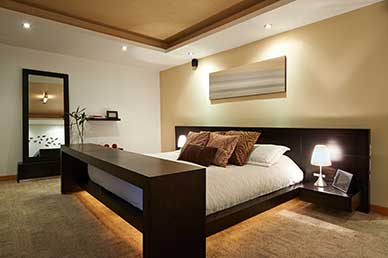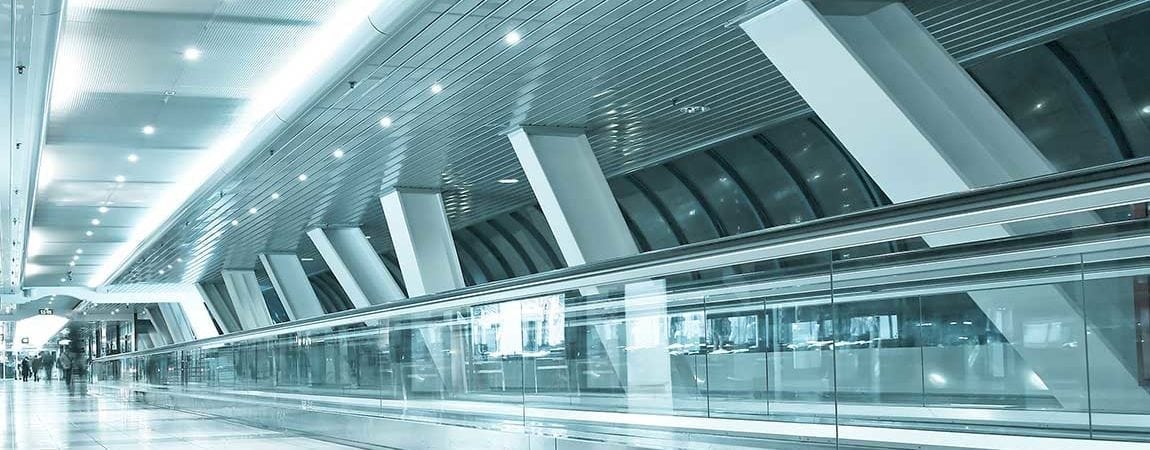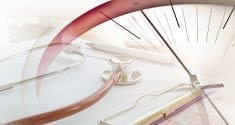Artificial Light Could Be Making You Sick
Life on earth evolved in the presence of light. We depend on the sun to provide energy for the plants we eat, to warm our planet to a safe temperature and to regulate our sleep-wake cycles. However, most life also requires a similar ratio of dark. Humans in ancient times sought the shade at midday and enjoyed long hours of dark at night. However, times have has changed. We now live in a world of perpetual artificial light, which is not just constantly present but also a different wavelength than natural light. New research suggests that this may be harming our health in more ways than previously realized.
The Dangers of Artificial Light
Artificial light does not produce the same frequencies of light as light from the sun. It is usually brighter, a higher color temperature and higher intensity than light found in our natural environment. How does this affect our health? According to researchers, it can have a huge effect on the circadian rhythm. Our retinas sense light and pass signals to the suprachiasmatic nucleus (SCN) of the hypothalamus, which in turn regulates our circadian rhythm and a variety of biochemical and cellular processes.
The effects of disrupting the circadian rhythm extend far beyond sleep. People who have a disrupted circadian rhythm from artificial light suffer from an increase in a variety of health risks including inflammation, immune overreaction and even bone and muscle loss. An out-of-sync circadian rhythm can also cause dermatological disorders and autoimmune disease.
Light and Aging
While constant artificial light has long been known to affect health in a variety of ways, new research suggests that it may affect us in a much more visible way as well. Artificial light appears to accelerate aging, both externally and internally. Animal studies suggest that not only may people exposed to high levels of man-made light develop fine lines and wrinkles more quickly, they may also have accelerated aging of their bones, muscles and organs. In studies, the mice exposed to artificial light 24 hours a day aged much more quickly.
While this is bad news for many modern people, there is good news as well. The mice in the studies partially recovered from the effects of the accelerated aging within two weeks of being returned to a normal sleep-wake cycle. If you are feeling over-tired and generally older than you should feel, you may be able to improve your appearance and health by reducing light exposure and stabilizing your circadian rhythm.
Is It Possible to Escape Artificial Light?
 The problem for many modern people is that reducing light exposure can be a difficult task. We have televisions and devices that can be turned off, but these are not the only contributors to an increasingly light world. Many streetlights are high color temperature LED lights, which cause a huge range of negative health effects. In fact, the American Medical Association has warned communities not to use high color temperature streetlights, although many areas continue to do so.
The problem for many modern people is that reducing light exposure can be a difficult task. We have televisions and devices that can be turned off, but these are not the only contributors to an increasingly light world. Many streetlights are high color temperature LED lights, which cause a huge range of negative health effects. In fact, the American Medical Association has warned communities not to use high color temperature streetlights, although many areas continue to do so.
In addition, light pollution is a major issue in many parts of the world. Even if you turn off your own sources of artificial light, the world is simply lighter and brighter than ever before. Sometimes there is no escaping this pervasive light.
Restoring Your Own Natural Rhythm
Even if you cannot completely escape ambient light in the environment, there are a few ways that you can encourage a healthy circadian rhythm. Turn off lights in your house at night, including devices and electronics that produce light. Go to sleep and wake at roughly the same time so your body can develop a set sleep pattern. Close your curtains and blinds to keep light pollution outside. You can also take a melatonin supplement in the evening to help your body prepare for a good night of restful sleep.
Artificial light is everywhere and may present a danger to the public health. However, there are ways to reduce and compensate for the negative health effects of this light. Getting your circadian rhythm on track is the first step to living a healthier and happier life.





